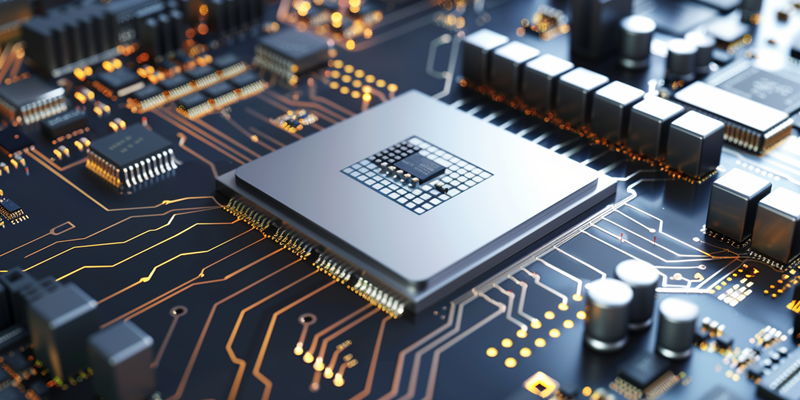A seismic shift is brewing in the world of Windows laptop processors, as MediaTek gears up to enter the competitive fray in 2025 with its new Arm-based system-on-a-chip (SoC), aiming squarely at the Windows laptop segment. This strategic move is poised to intensify the heat in a market traditionally dominated by Intel and AMD, who employ the x86 architecture. However, the landscape has been evolving, with Arm-based solutions chipping away at Intel’s longstanding dominance. Now, with the impending expiration of Qualcomm’s exclusive rights arrangement with Microsoft by the end of 2024, the gates will open for new challengers like MediaTek to bring their offerings to the table.
MediaTek’s foray into this space is not just about competition; it also marks a potential paradigm shift in processor preferences for Windows devices. By adopting an off-the-shelf Arm core design, MediaTek’s approach stands in contrast to Qualcomm’s investment in a custom-designed Oryon CPU. This signals diversity and innovation in processor development, which could benefit consumers in terms of both performance and efficiency.
Emerging Trends in Laptop Processor Technology
The landscape of Windows laptop processors is on the cusp of a major transformation as MediaTek prepares to shake up the market with its Arm-based SoC in 2025, targeting the Windows notebook sector. This move threatens to disrupt a market long controlled by Intel and AMD and their x86 architecture. With Qualcomm’s exclusive deal with Microsoft concluding by the end of 2024, the playing field will be leveled for new entrants like MediaTek.
While competition heats up, MediaTek’s entry might also herald a shift in processor preference for Windows laptops. Embracing a generic Arm core, MediaTek’s strategy diverges from Qualcomm’s custom-designed Oryon CPU, pointing to a future with a broader array of innovative processor designs, potentially enhancing performance and power efficiency for users. This development signifies a pivotal moment for the industry, as MediaTek’s ambition to contend with the chip heavyweights could result in more choices and possibly better technology for laptops using the Windows OS.

